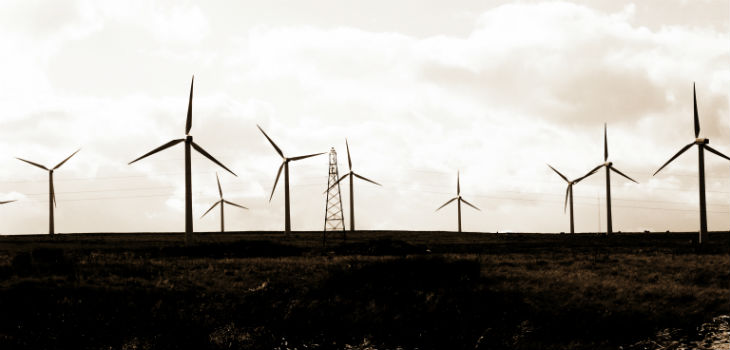
OLYMPIA – Legislation being introduced in the Legislature would modify the state’s Energy Independence Act to better reflect Washington’s economy and unique energy mix, while maintaining the state’s push toward the use of more renewable energy.
Sen. Kevin Ranker (D – Orcas Island) and Rep. Dave Upthegrove (D – Des Moines) are sponsoring identical measures in their respective chambers to make comprehensive changes to the state’s renewable energy portfolio law. The proposals are designed to control costs, increase flexibility, and spread the economic benefits of the law—all while maintaining the state’s commitment to renewable energy and pollution reduction. The bills do this by providing greater recognition of Washington’s abundant hydropower and biomass resources, while acknowledging that the majority of pollution from energy in our state comes from the transportation sector.
“This proposal upholds our commitment to achieving viable renewable energy alternatives, while making adjustments to update the law to allow new opportunities to move forward,” said Ranker. “We have more information and newer technologies now than when the initiative was created. We have the chance to make changes that not only reward the pursuit of renewable energy, but also make the law more efficient for businesses and cheaper for rate-payers.”
“We must maintain our state’s commitment to renewable energy, as well as our commitment to the voters,” said Upthegrove, referring to the Act, which voters approved in 2006 as I-937. “This proposal better fits the energy and economic needs of our state. The real pollution problem in our state is from cars. Let’s provide some flexibility and cost savings for ratepayers in exchange for bold new investments in our future green transportation system. The result will be better for our economy and the environment.”
The main features of the legislation include:
- Allowing greater recognition of Washington State’s clean hydropower resources.
- Supporting jobs in the timber industry by providing broader recognition of biomass resources, such as black liquor and older biomass facilities.
- Generating new revenue ($20 million over 10 years) for major new investments in green transportation infrastructure, such as electric vehicle charging stations and public fleet conversions. This funding is generated though a fee on some biomass facilities—scaled based on the efficiency of the energy generation.
- Providing incentives for investments in conservation and efficiency by allowing utilities to “bank” excess conservation credits.
- Attracting investments and jobs by providing greater certainty as to whether proposed projects will qualify for credit under the law.
- Controlling costs by making the existing cost caps more workable.
- Providing flexibility to utilities that are long on power to meet their requirements in ways other than buying power they don’t need—and by lowering the cost cap in these circumstances.
- Defining new requirements for utilities in years beyond 2020—by eventually requiring utilities to meet a 20% renewable standard over time as they have a need to acquire additional energy.
Ranker is Chairman of the Senate Energy, Natural Resources, and Marine Waters Committee, and Upthegrove is Chairman of the House Environment Committee. Both bills will be introduced Thursday.
